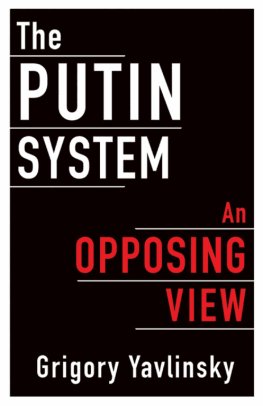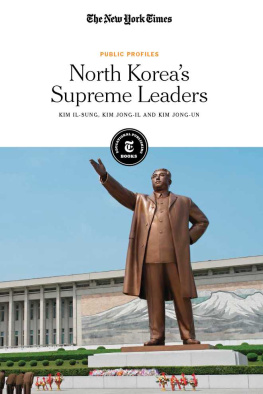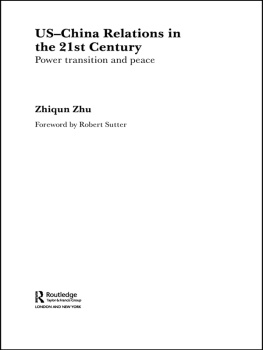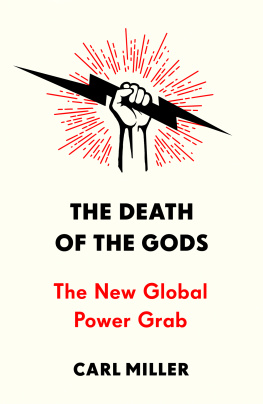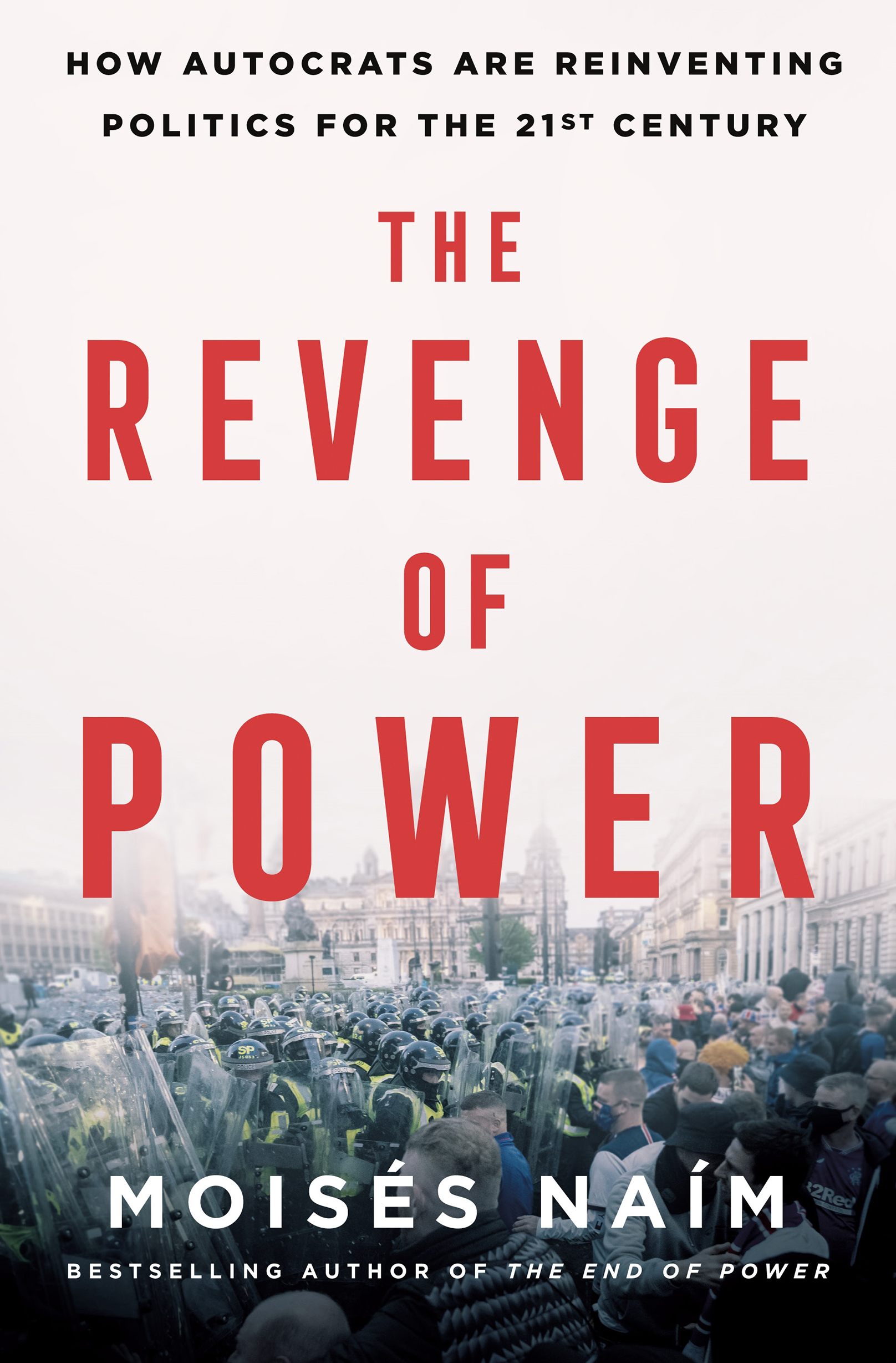Moises Naim - The Revenge of Power: How Autocrats Are Reinventing Politics for the 21st Century
Here you can read online Moises Naim - The Revenge of Power: How Autocrats Are Reinventing Politics for the 21st Century full text of the book (entire story) in english for free. Download pdf and epub, get meaning, cover and reviews about this ebook. year: 2022, publisher: St. Martins Press, genre: Politics. Description of the work, (preface) as well as reviews are available. Best literature library LitArk.com created for fans of good reading and offers a wide selection of genres:
Romance novel
Science fiction
Adventure
Detective
Science
History
Home and family
Prose
Art
Politics
Computer
Non-fiction
Religion
Business
Children
Humor
Choose a favorite category and find really read worthwhile books. Enjoy immersion in the world of imagination, feel the emotions of the characters or learn something new for yourself, make an fascinating discovery.

- Book:The Revenge of Power: How Autocrats Are Reinventing Politics for the 21st Century
- Author:
- Publisher:St. Martins Press
- Genre:
- Year:2022
- Rating:3 / 5
- Favourites:Add to favourites
- Your mark:
The Revenge of Power: How Autocrats Are Reinventing Politics for the 21st Century: summary, description and annotation
We offer to read an annotation, description, summary or preface (depends on what the author of the book "The Revenge of Power: How Autocrats Are Reinventing Politics for the 21st Century" wrote himself). If you haven't found the necessary information about the book — write in the comments, we will try to find it.
An authoritative and intelligent portrait of the global spread of authoritarianism and its dangers...what sets [this] work apart from books like Timothy Snyders On Tyranny and Michiko Kakutanis The Death of Truth is its unusually comprehensive armada of facts about the international drift over the past two decades toward authoritarian leaders, whether old-style dictators like Kim Jong Un or nominally elected presidents like Vladimir Putin. Kirkus
An urgent, thrilling, and original look at the future of democracy that illuminates one of the most important battles of our time: the future of freedom and how to contain and defeat the autocrats mushrooming around the world.
In his bestselling book The End of Power, Moiss Nam examined power-diluting forces. In The Revenge of Power, Nam turns to the trends, conditions, technologies and behaviors that are contributing to the concentration of power, and to the clash between those forces that weaken power and those that strengthen it. He concentrates on the three Pspopulism, polarization, and post-truths. All of which are as old as time, but are combined by todays autocrats to undermine democratic life in new and frightening ways. Power has not changed. But the way people go about gaining it and using it has been transformed.
The Revenge of Power is packed with alluring characters, riveting stories about power grabs and loses, and vivid examples of the tricks and tactics used by autocrats to counter the forces that are weakening their power. It connects the dots between global events and political tactics that, when taken together, show a profound and often stealthy transformation in power and politics worldwide. Using the best available data and insights taken from recent research in the social sciences, Nam reveals how, on close examination, the same set of strategies to consolidate power pop up again and again in places with vastly different political, economic, and social circumstances, and offers insights about what can be done to ensure that freedom and democracy prevail.
The outcomes of these battles for power will determine if our future will be more autocratic or more democratic. Nam addresses the questions at the heart of the matter: Why is power concentrating in some places while in others it is fragmenting and degrading? And the big question: What is the future of freedom?
Moises Naim: author's other books
Who wrote The Revenge of Power: How Autocrats Are Reinventing Politics for the 21st Century? Find out the surname, the name of the author of the book and a list of all author's works by series.

